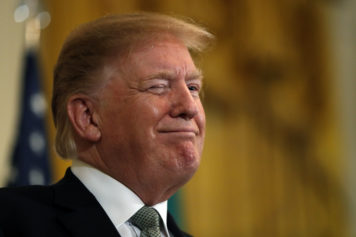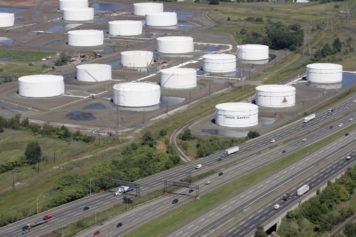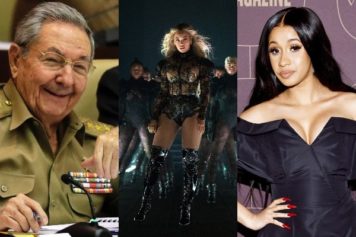Venezuelan President Hugo Chavez’s goal of getting back to Venezuela after his cancer surgery in Cuba in time for his Jan. 10 inauguration has experienced a serious setback, as Venezuelans officials are reporting that Chavez has developed a respiratory infection that is slowing his recovery.
Information Minister Ernesto Villegas read a statement on television to the Venezuelan people about their beloved president’s condition.
“It has been controlled,” Villegas said. “In the opinion of the doctors, this type of ailment is one of the consequences that appear with the greatest frequency in patients who have undergone complicated surgeries.”
The infection appeared a week after a six-hour operation that the government has said involved complications.
“The medical team has said that President Chavez should have complete rest in the coming days and receive … the prescribed medical treatment, with the purpose of maintaining the stability of his vital signs that he currently enjoys,” Villegas said.
If Chavez is not able to be inaugurated on Jan. 10 to start his new term, it could trigger a series of moves dictated by the Venezuelan constitution.
Before he left Venezuela, Chavez gave a speech in which he said he may not be able to serve his fourth term because he must undergo his fourth surgery and treatment. He practically pleaded with the populace to choose his vice president and confidant Nicolas Maduro, 52, the former bus driver, as his successor.
If “some circumstance” should prevent him from completing his term or starting his next one, Chavez said, Maduro should not only complete the current term but also be elected president to replace him, “in my firm, irrevocable, absolute and total opinion.… This I ask you from the heart.”
Maduro has been a close friend and confidante of Chavez’s for 20 years—he was among the tiny circle who originally accompanied Chavez to Cuba for his cancer operation. Genial and well-liked, Maduro is considered a more moderate force in the Socialist regime than many other hard-liners.
The Venezuelan constitution dictates that if Chavez resigns or dies, his vice president would have to be elected in a new election called by Congress. Maduro would likely face a strong challenge from Diosdado Cabello, president of the National Assembly and a former army comrade of Chavez’s, and also opposition candidate Henrique Capriles, who was beaten soundly by Chavez in October and who is running for governor of Miranda state in Sunday’s state and local elections.
Chavez, 58, hasn’t spoken publicly since his Dec. 11 surgery for an undisclosed type of pelvic cancer.
According to medical experts, patients who have undergone major surgeries commonly get respiratory infections. Recovery can vary widely from a quick recovery in a couple of days to a fight for life on a respirator.


